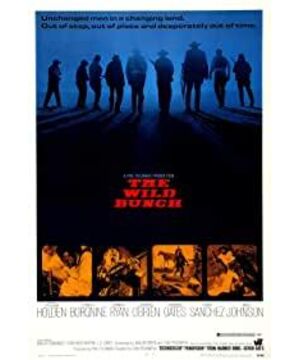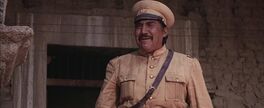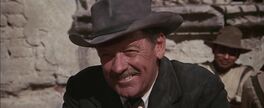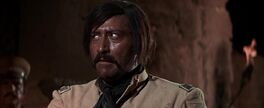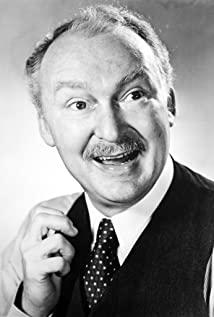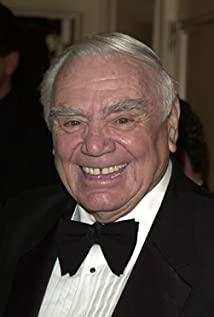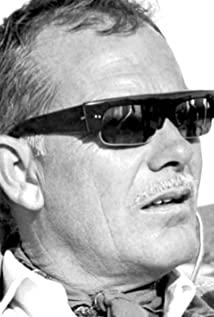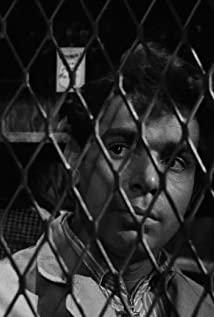Sam Peckinpah's revisionist Western epic is venerated for its astute end-of-an-era nostalgia, the hard-boiledaction spectacles, a trenchantly felt brotherly camaraderie and the go-for-broke self-assurance that bluntly depreciates mortality into triviality.
Bestriding the frontier between USA and Mexico, THE WILD BUNCH takes place in the early 20th Century when a modern revolution is heralded by the advancement of railroads, a novel machine gun and an archetypal automobile, that soon will drive horse-riding to the verge of obsoleteness. The Mexican desert is still expansive and awe-inspiringly impressive, particularly against the golden rays of a westering sun in a panoptic arrangement, but its inhabitants are dogged by civil wars, and our titular bunch of gringo trigger-happy gunslingers (save for one Mexican, Angel) are aiming for one last bountiful swag before time is running out on their old games.
Opening with a grandiosely rowdy shootout when the bunch robs a railroad office, Peckinpah makes on bones about decimating innocent bystanders during the helter-skelter crossfire, and often shows the carnage through children's excited eyes, cross-cut with the shots of a scorpion dropped onto an anthill, devoured by ants, then set on fire altogether by these rubbernecking kids, Peckinpah hammers home to us that violence is an elemental impulse that resides inside every human being, a constituent of our original sin, the process of deglamorizing and demystifying it is very much against the tenet of the genre it denotes, and contributes a perspicacious tonic to give the dying form one last hurrah!
After the ambush, only six living souls have survived, with a posse of bounty hunters breathing down their necks, led by Deke Thornton (Ryan), the erstwhile parter of the gang's leader Pike Bishop (Holden), it all seems like the usual cat -and-mouse chasing game, but it isn't. The sextet crosses the Rio Grande and soon hatches a plan to steal a shipment of weaponry from a USA army train and sell them to General Mapache (Fernández, crassly rebarbative) of Mexican Federal Army in exchange of gold coins, a time-honored ploy of selling massive-killing weapons to an embattled country for monetary gains, a scourge attendant with the entire human history.
The team makes a triumphant derring-do to wrest the arms even with Thornton's posse giving chase unexpectedly (culminated by a bridge detonation money shot), but bad blood (both personally and politically) between the young Angel (Sánchez, doesn't degrade his character into a racial cliché) and General Mapache turns their success into a jittery impasse when Angel is captured and physically tortured under the order of the callous Mapache, with paycheck securely in their hands, will the rest of the bunch leave one of them in the lurch?
At one point, Peckinpah archly teases us that it would be the case, since Pike has no qualms in deserting his long-time gang member Freddie Sykes (O'Brien) when the latter is shot (not fatally) by one of Thornton's men. But inexplicably, or maybe under the influence of post-coital blues, the remaining gang of four: Pike, his right-hand man Dutch Engstrom (a game Borgnine) and the two Gorch brothers (Oates and Johnson, often saddled with comic crassness) , valiantly makes their final request of releasing Angel, which ultimately set off a kamikaze 4-versus-200 pitched battle (consonant with Peckinpah's philosophy on violence, human shields are frequently employed, a luscious girl can be liquidated if she dares to shoot behind one's back), but before all that,an utterly left-field moment crops up which perfectly elucidates what is the unthinkable and almost droll calm before the tempest, this is Peckinpah's most staggering coup de maître!
A robust ensemble made of nearly exclusively by men, William Holden exhibits a true leader's flair competently and compassionately, weather-beaten, bedeviled by the guilty of choosing expediency in the face of danger, he makes the death wish roundly poignant and rousing which otherwise very would likely plunge into empty heroism if someone hams it up. Robert Ryan, counterpoising his ostensible villain designation, is pregnant with a sublime tint of self-resignation, world-weariness and fatalism, only seeps a vestige of hope amid the plaintive coda, of a pièce-de-résistence which finds the perfect equilibrium between idealism and praxis.
referential points: Sergio Leone's THE GOOD, THE BAD AND THE UGLY (1966, 8.3/10), ONCE UPON A TIME IN THE WEST (1968, 8.4/10).
View more about The Wild Bunch reviews


